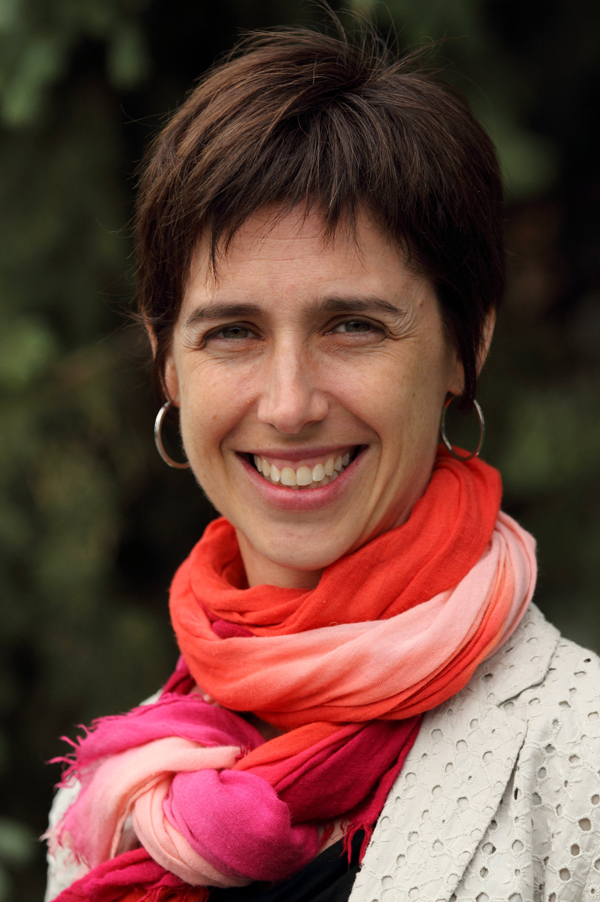
By Kathryn Jezer-Morton
Computers are wonderfully adept at performing tasks programmed for them by humans – but the riddle of artificial intelligence continues to challenge the world’s foremost computer science experts. The Canadian Institute for Advanced Research (CIFAR) has run an artificial intelligence and machine research program called Learning in Machines and Brains since 2004. Among its newest contributors is McGill School of Computer Science Professor Joelle Pineau, who was named a CIFAR Fellow in April.
The Learning in Machines and Brains program – which previously went by the name Neural Computation & Adaptive Perception – was a pioneer in the use of “deep learning,” which used the human brain’s neural connections as inspiration for the structure of programming data. Today, deep learning is used by such computer learning powerhouses as Google and Facebook, and CIFAR continues its work toward developing computers with nuanced decision-making capabilities. “My research centres on developing new models and algorithms that allow computers to learn to make good decisions in complex real-world domains, even when there is incomplete or incorrect information,” explained Pineau. “I am also interested in exploring how we can apply these algorithms to complex problems in robotics and health-care.”
CIFAR’s mission is to bring together interdisciplinary groups of researchers from around the world to engage with questions that have potential impacts on society, government and business. The organization is comprised of 350 fellows from more than 115 institutions across 17 countries.
“Joining the program gives me the opportunity to interact on a regular basis with an outstanding group of researchers at the cutting edge of research in artificial intelligence,” said Pineau. “The fellowship also allows me to pursue some higher risk projects that are harder to fund with the traditional grant programs, such as how to apply some of the latest methods in artificial intelligent to develop new protocols for personalized medicine.”
CIFAR hosts a current total of 14 major research programs with topics ranging from “Social Interactions, Identity and Well-Being” to “Cosmology and Gravity.”
Related story:
